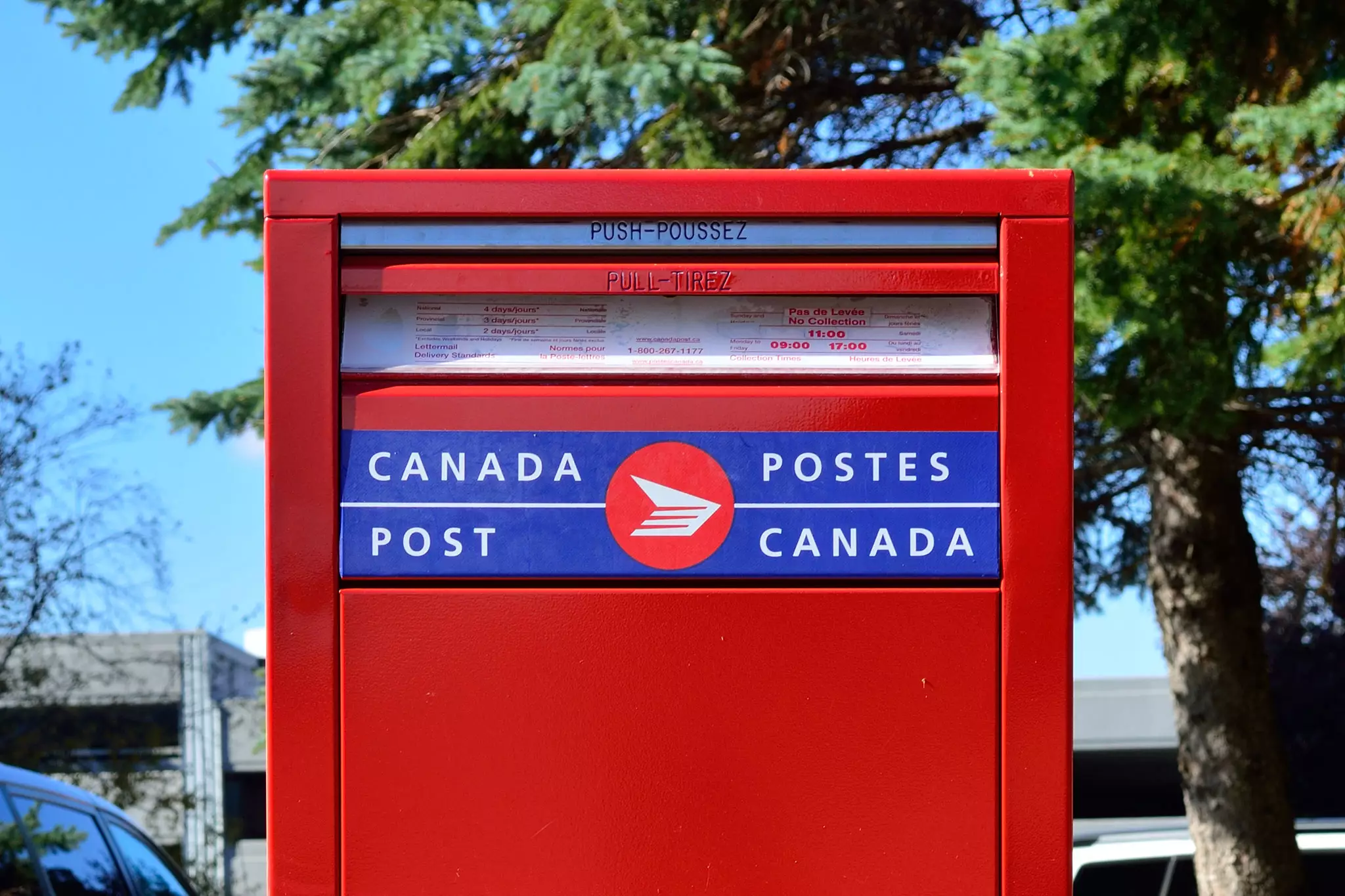Canada has informed the Assembly of First Nations (AFN) that it will not pursue national negotiations to reform the on-reserve child welfare system after AFN chiefs rejected a $47.8-billion settlement proposal. Instead, the federal government will focus on regional negotiations in Ontario, where leaders endorsed the original agreement’s terms, CBC Indigenous has learned.
Indigenous Services Canada announced talks with the Chiefs of Ontario (COO) and the Nishnawbe Aski Nation (NAN) in a news release on Tuesday. However, a confidential letter from Canada’s legal counsel, Paul Vickery, to the AFN’s lawyers on January 6 revealed that Ottawa does not have the mandate to engage in further national discussions.
“The Chiefs of Ontario and Nishnawbe Aski Nation, whose First Nations approved the Final Agreement at their respective assemblies, have asked Canada to negotiate an agreement specific to Ontario based on the Final Agreement’s terms,” Vickery wrote. “Canada, the Chiefs of Ontario, and Nishnawbe Aski Nation will begin those negotiations shortly.”
Vickery’s letter clarified that Canada cannot currently negotiate beyond its engagement with COO and NAN. The AFN, which represents chiefs nationwide, had rejected the proposed settlement in gatherings last October and December, citing concerns over governance, regional representation, and the accountability of the reformed system. Critics also argued the funds were not guaranteed.
AFN’s Response
AFN National Chief Cindy Woodhouse Nepinak expressed disappointment in Canada’s decision, emphasizing the priority of First Nations children and families. “The well-being of First Nations children and families remains our top priority, and we will continue to advocate for fair and equitable supports to ensure our children thrive, wherever they live,” Woodhouse Nepinak said in a statement.
The agreement was intended to address a 2016 Canadian Human Rights Tribunal ruling that found the on-reserve child welfare system was chronically underfunded and racially discriminatory. The case, which has been before the tribunal for 18 years, includes the AFN, the First Nations Child and Family Caring Society, COO, and NAN as key parties.
Cindy Blackstock, executive director of the Caring Society, criticized Canada’s approach, emphasizing the need for justice for all affected children. “The federal government has discriminated against all First Nations children,” Blackstock said. “The discriminator must not be allowed to choose which of its child victims gets justice. Every child matters.”
Ontario’s Perspective
Ontario Regional Chief Abram Benedict acknowledged the disappointment over the lack of national reform but underscored the urgency of addressing ongoing discrimination in his region. “My chiefs have said we need to end this discrimination now,” he said. “We cannot wait for another 10-year process in the tribunal or hope that the government will act differently. There’s a proposal here, and my region has given me a mandate to advance it.”
With Parliament suspended until late March and Prime Minister Justin Trudeau announcing plans to resign, political uncertainty looms over the issue. However, Benedict emphasized the importance of seizing the opportunity to act on the current proposal.
Government’s Position
Jennifer Kozelj, spokesperson for Indigenous Services Minister Patty Hajdu, said in text messages that Canada is not shutting out the AFN. She framed the Ontario negotiations as a continuation of the rejected proposal, explaining that “COO and NAN wanted to work with Canada, so Canada did.”
While COO and NAN were directly involved in the original settlement negotiations, other regions participated through the AFN. The national complaint remains before the Canadian Human Rights Tribunal as discussions continue.



